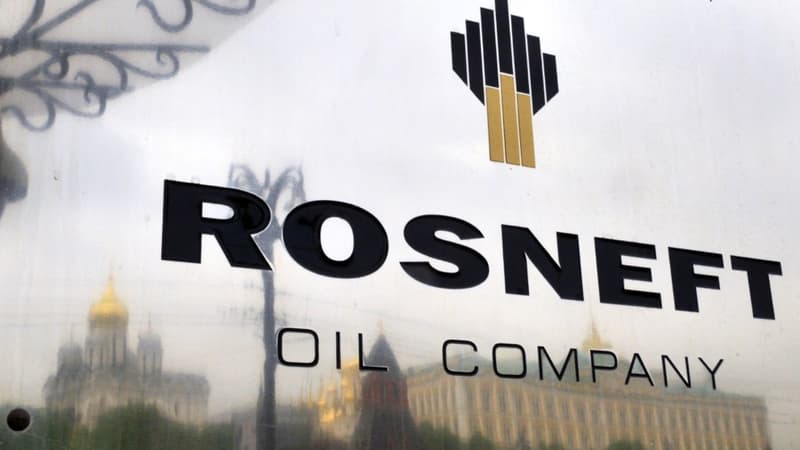Three days after the entry into force of the European embargo, the EU countries, then the G7 as well as Australia agreed on Friday to limit the price of Russian oil to 60 dollars a barrel.
“The G7 and Australia (…) have reached a consensus on a maximum price of US$60 per barrel for crude oil of Russian origin transported by sea,” these countries announced in a joint press release.
• Reduce oil resources
Through this roof, Western countries intend to deal a new blow to Moscow’s finances by limiting its means to continue its war against Ukraine. This will happen first by the entry into force this Monday of the European embargo on Russian oil transported by sea, which comes several months after the one already decided by the United States and Canada.
With this embargo, the EU will cut two thirds of its crude purchases from Russia. With Germany and Poland also deciding to stop their shipments through a pipeline before the end of the year, total Russian imports will be affected by more than 90%, say the Europeans, Moscow’s first customers so far.
The cap on the price of a barrel at 60 dollars that should be applied as of Monday or “some time later” according to the G7 intends, meanwhile, to affect the resources that Russia obtains from its oil exports to third countries.
For the G7 members, the goal was to set a ceiling price below the price to reduce Moscow’s oil windfall, but high enough so that Moscow would continue to sell black gold despite everything, thus avoiding a rebound in prices on world markets that are already particularly tight.
• A cap for all petroleum products in February
Specifically, beyond this limit of 60 dollars, companies will be prohibited from providing services that allow maritime transport (freight, insurance, etc.). However, the G7 countries currently provide 90% of the world’s cargo and the EU is a major player in maritime transport. So it is a credible deterrent, but also a risk of losing markets to competitors.
Without this cap, it would be easy for Russia to find new buyers at market prices to offset the effects of the European embargo, as it has done so far with China and India. However, the price of a barrel of Russian oil (crude from the Urals) currently fluctuates around 65 dollars, just above the European ceiling, which implies a limited impact in the short term.
• China and India out of the initiative?
“We will be ready to review and adjust the maximum price if necessary,” say G7 and Australia in their press release. And a ceiling must also be found for Russian oil products from February 5, 2023.
According to the Reuters news agency, China and India did not participate in the G7 initiative. Knowing that Russia, the world’s second largest oil exporter, had warned that it would no longer deliver oil to countries that would adopt this cap.
The instrument proposed by Brussels foresees adding a limit set at 5% below the market price, in the event that Russian oil falls below 60 dollars. In fact, some experts fear a destabilization of the world market and wonder about the reaction of the OPEC producing countries, which meet on Sunday in Vienna.
“This cap will help stabilize world energy markets (…) and will directly benefit emerging economies and developing countries”, since Russian oil can be delivered to them at prices below the cap, on the contrary, the president assured on Twitter of the European Union. Commission, Ursula von der Leyen.
But “there has never been a ceiling in the price of oil. We are in the unknown,” alarmed Phuc-Vinh Nguyen, stressing that the reaction of OPEC countries or large buyers such as India and China will be crucial. The only certainty, according to him: a ceiling, even at a high price, will send “a strong political signal” to Russian President Vladimir Putin, because, once established, this mechanism can be hardened.
For its part, the Ukrainian presidency stated this Saturday that the Russian economy “will be destroyed” by the introduction of a cap on the price of a barrel of Russian oil. “We always achieve our goal and Russia’s economy will be destroyed, and it will pay and be responsible for all its crimes,” Ukrainian presidential chief of staff Andriï Yermak said on Telegram, according to whom “however, it would have had to go down (the price cap) to $30 to destroy it faster.
Russia has earned 67 billion euros from its oil sales to the EU since the start of the war in Ukraine, while its annual military budget is around 60 billion, recalls Phuc-Vinh Nguyen, an energy expert at the Jacques-Delors Institute. . .
Source: BFM TV


